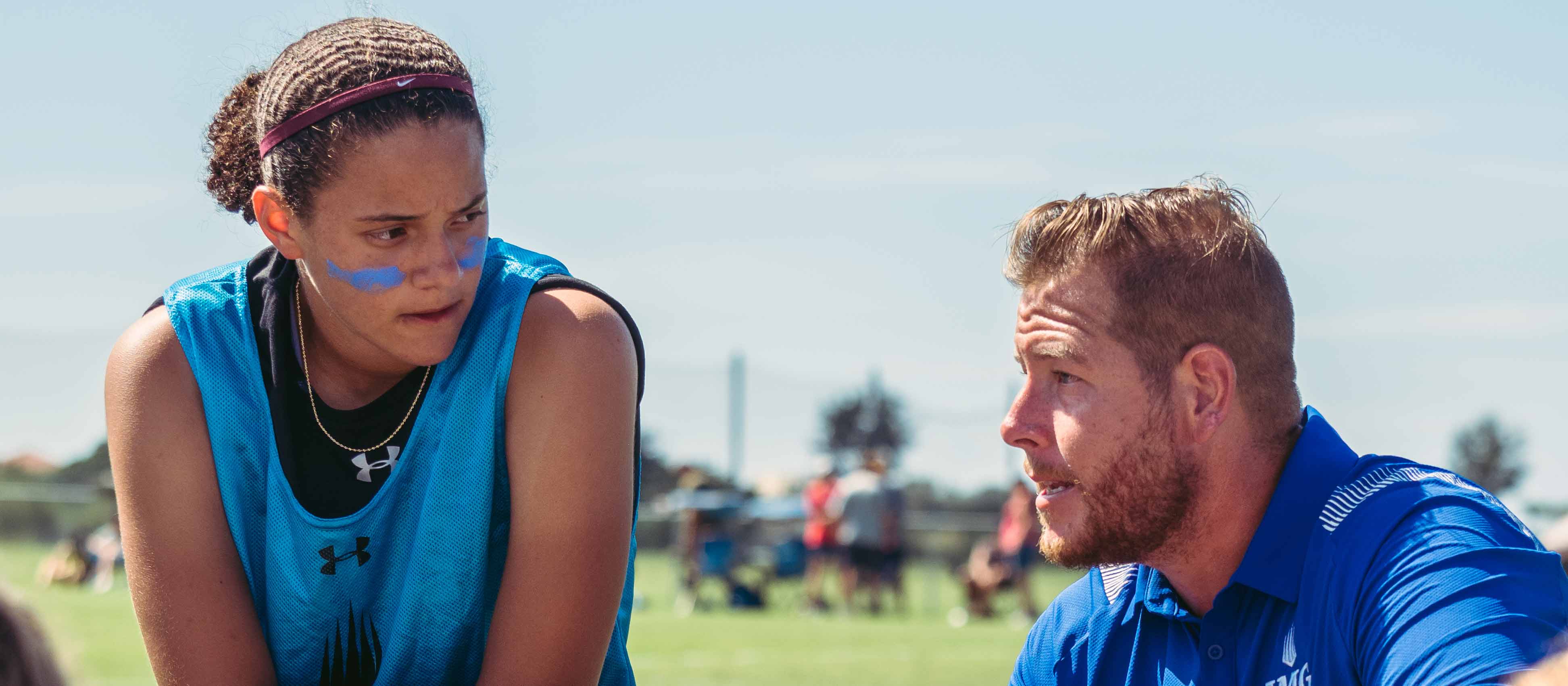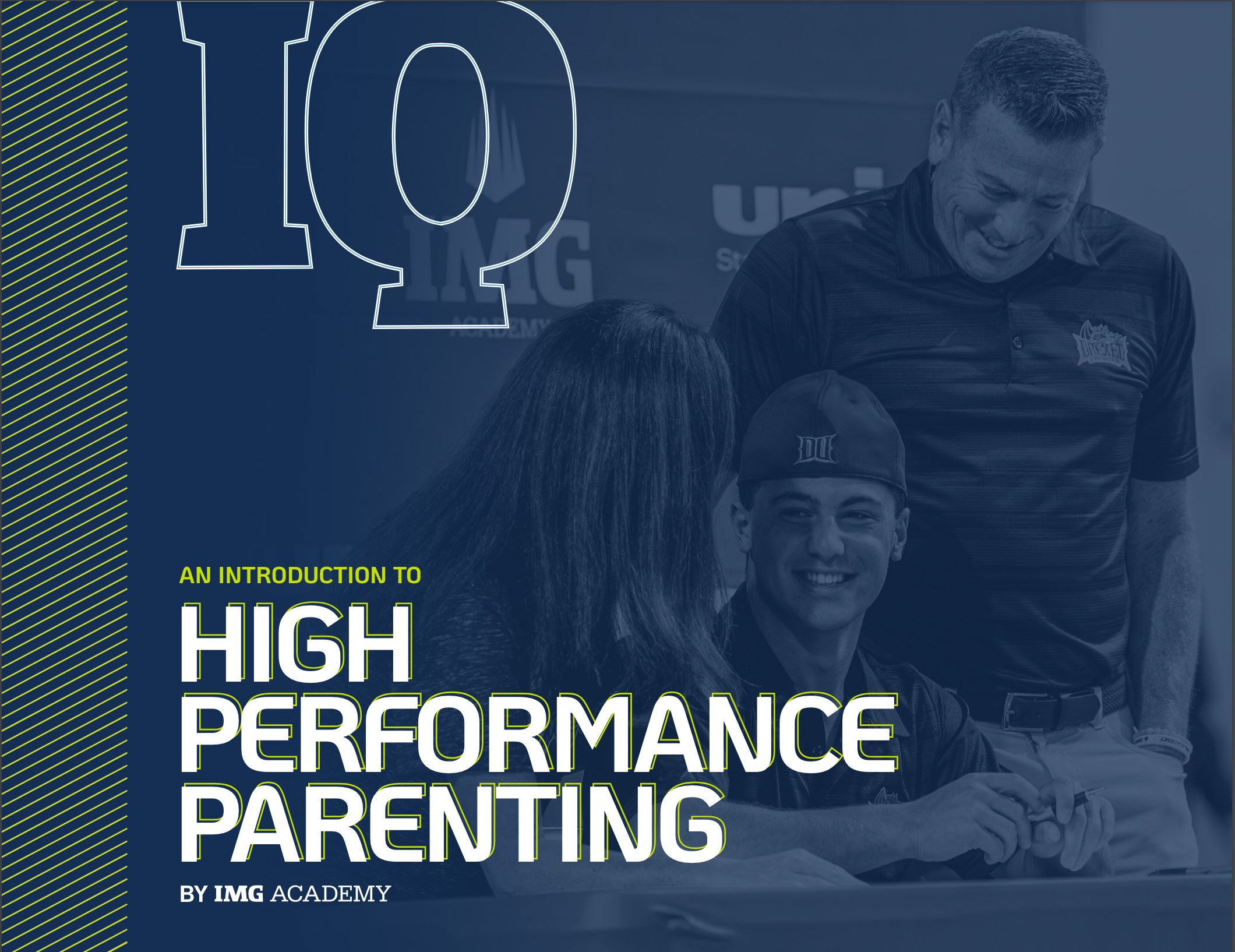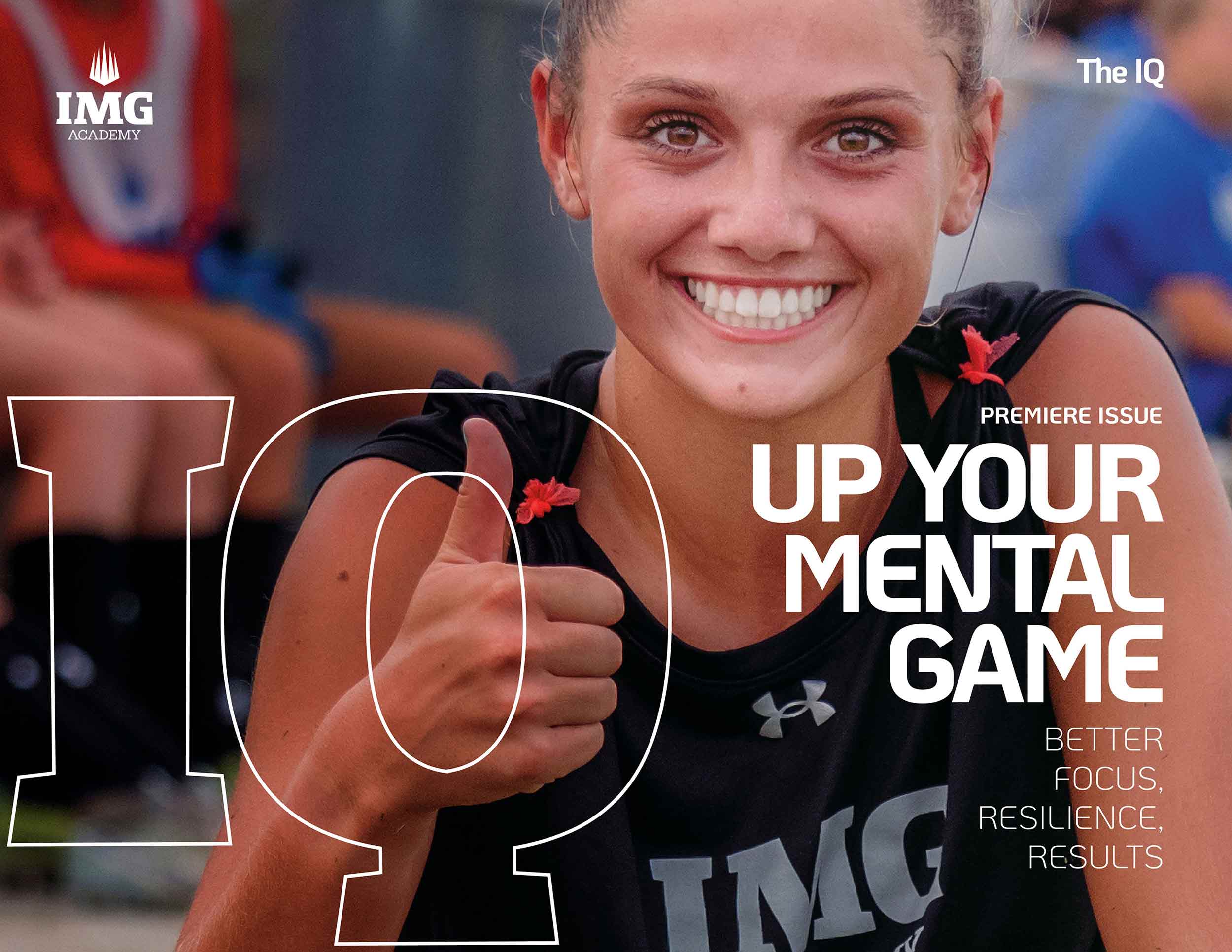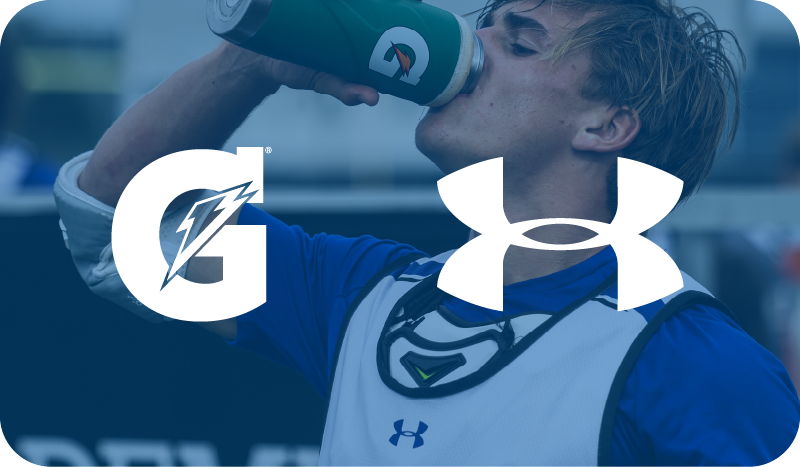Trying to find your mental “A” game?
The trick isn’t figuring out which self-help technique works, but which one works for you, says Christian Smith, Assistant Head of Mental Performance at IMG Academy.
Concentration and confidence are essential building blocks of the mindset you need to excel on the field — whether that’s a tennis court, football field, or golf course — but they aren’t totally unrelated.
Many athletes and trainers view focusing as a skill, meaning that it can be taught, practiced, and developed, says Smith. Elite athletes can shift their attention appropriately in any situation, maintain it over time, and regain it if they get distracted.
That’s the concept behind attentional control: directing your concentration where it’s most needed and keeping it there.
Attentional Control Asks “What’s Important Now?”
Imagine you’re a pro golfer teeing off at a tournament. In that moment, Smith says, “you’re trying to put your attention on the right thing at the right time and resist those other things that might be going on around you.”
The things you need to focus on might include the slope of the fairway, the wind direction and strength, and the best stance for your shot. But it can be easy to get distracted by external sounds — the electronic noise from press cameras or the whispered conversation of spectators — or physical sensations such as sweating hands.
“Many athletes struggle with that,” Smith says. “They’re thinking about their heart beating, or they’re thinking about their hands shaking, and that’s taking their attention away from the moment and the task at hand.”
The key to attentional control isn’t picking a particular point to focus on, he says, but choosing the points that are most important and focusing on those.
One tactic that Smith shares with many student-athletes is built around the word “WIN.” Not the achievement the verb refers to, but an acronym based on its letters: “What’s important now?”
“Winning is a predominant thought for many athletes,” he says. “They’re competitive, and they want to do well,” which makes “win” an easy cue to remember.
If you’re standing on the green and getting distracted by nerves, noisy playing environments, or worries that your ball will slide past the hole, Smith explains, “asking yourself that question can help you redirect and move forward.”
As the example suggests, lacking confidence doesn’t mean that you can’t focus, he says.
But developing confidence — which is not so much the absence of any doubt but an ability to interact with your doubts differently, perhaps because of a greater belief in your abilities — can help you focus better.
Low confidence can be associated with overthinking what you’re doing, doubting your abilities, or other negative thoughts, all of which are distracting.
Focusing on What You Can Control
“Cultivating confidence can certainly help your ability to focus,” Smith says.
Some simple techniques to boost your confidence include:
- Using positive self-talk
- Developing positive body language
- Taking advantage of social support
- Honing your skills in practice and competition
- Setting consistent routines
- Improving your ability to focus
“Another conversation that relates to confidence and focus is, ‘What’s in my control, and what’s not in my control?’” Smith says. “It obviously affects your confidence if you’re focusing on something that’s not within your control.”
Even so, every trainer working with an athlete to improve focus and boost confidence might have a different opinion on which area to tackle first.
“These two things don’t exist in different spaces,” Smith says. While they feed into each other and improving either one can benefit both, he finds that focus is often an effective starting point.
“Can you think of a time when you’ve performed very poorly, but you were very confident?” he asks. “And then can you think of a time where you’ve had no confidence, but you performed well? How do you reconcile that?
“What matters most is not how you feel in that moment but where your focus is in that moment.”
Looking to build confidence in your student-athlete? Sign up for the IMG Academy+ Confidence on-demand course.
Sign Up









